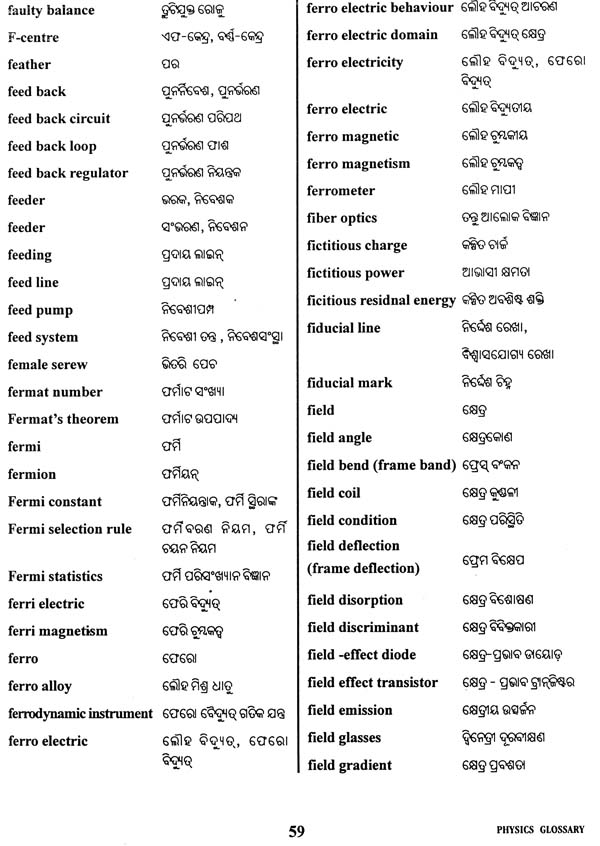

The electric charge required to liberate gram equivalent of a substance. The minimum velocity with which an object must be thrown upwards so as to overcome the gravitational pull, it is equal to, where M is the mass of the planet and R is the radius of the planet. The splitting of white light into its component colors.Į = mc2, E is the energy released, m is the mass defect and c is the speed of light The bending of light around the corners of an object The apparent change in the frequency of a wave due to relative motion between the source and the observer The transfer of heat by the actual transfer of matter. The transfer of heat from a region of higher temperature to a region of lower temperature by increased kinetic energy moving from molecule to molecule. The radial force required to keep an object moving in a circular path it is equal to mv2/r. The ratio of charge stored per increase in potential difference.Įlectrical device used to store charge and energy in the electrical fieldĪn outward pseudo force acting on a body in circular motion Upward force on an object immersed in fluid. The continuous random motion of solid microscopic particles when suspended in a fluid medium due to the consequence of ongoing bombardment by atoms and molecules. States that the refractive index of a material is equal to the tangent of the polarizing angle for the material The remaining core of a supernova that is so dense that even light cannot escape.įor a given mass of a gas at constant temperature, the volume of the gas is inversely proportional to the pressure. The total energy per unit volume of a non-viscous, incompressible fluid in a streamline flow remains constant Under the same conditions of temperature and pressure, equal volumes of all gases contain equal number of molecules. The number of molecules in a gram molecular weight of a substance, it is equal to 6.02 x 1023 The number of protons in an atomic nucleus The angle of inclination of a plane with the horizontal such that a body placed on the plane is at the verge of slidingĪ body immersed in a fluid experiences an apparent loss in weight which is equal to the weight of the fluid displaced by the body

Unit of electric current, one ampere is the flow of one coulomb of charge per second Solids which have neither definite form nor structure

The electric current that changes its direction periodically The nucleus of a helium atom (two protons and two neutrons) emitted as radiation from a decaying heavy nucleus The fraction of the total light incident on a reflecting surface, especially a celestial body, which is reflected back in all directions The rate of change of velocity with respect to timeĪny change in which there is no gain or loss of heat The temperature of - 273.16 or 0 K at which molecular motion vanishes The 'nature' of a thing, Aristotle says, is its end, that for the sake of which it exists.The ratio of water vapor in a sample of air to the volume of the sample. 'Phusis' has to do with growth one might say it is the 'nature' of an acorn to grow into an oak, and in that case one would be using the word in the Aristotelian sense. Physics, in Aristotle, is the science of what the Greeks called 'phusis' (or 'physis'), a word which is translated "nature", but has not exactly the meaning which we attach to that word. The obsolete verb meaning "to dose with medicine, administer medical treatment to" is attested from late 14c. The meaning "medicine that acts as a laxative" is from 1610s. The English spelling with ph- is attested from late 14c. of physikos "pertaining to nature," from physis "nature," from phyein "to bring forth, produce, make to grow" (related to phyton "growth, plant," phylē "tribe, race," phyma "a growth, tumor") from PIE root *bheue- "to be, exist, grow." singular of physicus) "study of nature," from Greek physikē (epistēmē) "(knowledge) of nature," from fem. "healthful regimen " late 14c., "the art of healing, medical science or theory " from Old French fisike "natural science, art of healing" (12c.) and directly from Latin physica (fem. 1300, fysike, phisike, "a healing potion " early 14c., "natural science " mid-14c.


 0 kommentar(er)
0 kommentar(er)
